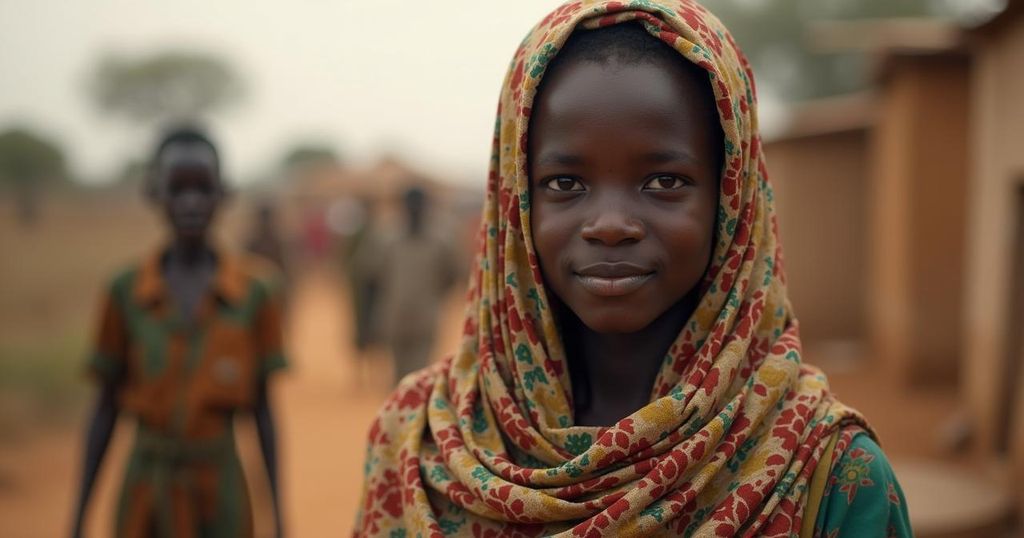Ongoing Violence in South Sudan: Recent Attacks Claim 24 Lives

Recent attacks in Central Equatoria, South Sudan have resulted in 24 deaths, predominantly civilians, amid ongoing civil unrest between government forces and the National Salvation Front (NAS). This violence reflects the instability that has plagued South Sudan since independence and underscores the urgent need for accountability and peace initiatives.
Recent attacks in South Sudan have resulted in the deaths of 24 individuals, predominantly civilians, according to reports from the United Nations and local authorities. This violence, primarily fueled by confrontations between the National Salvation Front (NAS) and government forces, underscores the ongoing instability within the nation, which has faced a multitude of crises since gaining independence 13 years ago. The assaults, which occurred in the southern Central Equatoria region on Wednesday, elicited widespread concern. The United Nations Mission in South Sudan (UNMISS) reported that 24 people were killed, including 19 civilians. UNMISS head Nicholas Haysom expressed grave concerns over the “inter-connected incidents” and called for a thorough investigation by the South Sudanese government to ensure that those responsible are swiftly held accountable. Central Equatoria’s peace minister, Gerald Francis, confirmed that among the deceased, 19 people fell victim to two separate attacks wherein armed individuals targeted youth, some of whom were shot, while others were brutally attacked with machetes. He characterized the events as a “horrific massacre.” The NAS has remained armed and has not adhered to a peace agreement established in 2018, which was intended to conclude a protracted five-year civil war that has claimed approximately 400,000 lives since its onset in 2013. Although this agreement aimed to unite President Salva Kiir and Vice President Riek Machar, the nation continues to face sustained political instability and delays in initiating democratic processes, including constitutional development and elections. South Sudan, one of the poorest nations globally despite its vast oil resources, is concurrently grappling with the repercussions of a ruptured key pipeline in Sudan, which has exacerbated its economic challenges, leading to significant inflation and escalating prices for essential goods.
South Sudan is the youngest country in the world, having gained independence from Sudan in 2011. Since that time, the nation has been embroiled in various forms of violence, including civil war, ethnic conflict, and political instability, which have severely hindered its development and governance. The civil war, which began in 2013, has displaced millions and resulted in a humanitarian crisis characterized by widespread poverty and insecurity. Efforts to restore peace through agreements, such as the 2018 peace deal, have been inconsistent and plagued by setbacks, contributing to the ongoing volatility in the region.
The recent incidents of violence in South Sudan highlight the dire need for accountability and action to alleviate the suffering of civilians caught in the crossfire of conflict. The international community, particularly through entities like the UN, must continue to monitory the situation closely and urge the South Sudanese government to address the root causes of this unrest. Only through genuine efforts to implement peace agreements and stabilize the political landscape can South Sudan hope to achieve lasting peace and development.
Original Source: www.barrons.com








